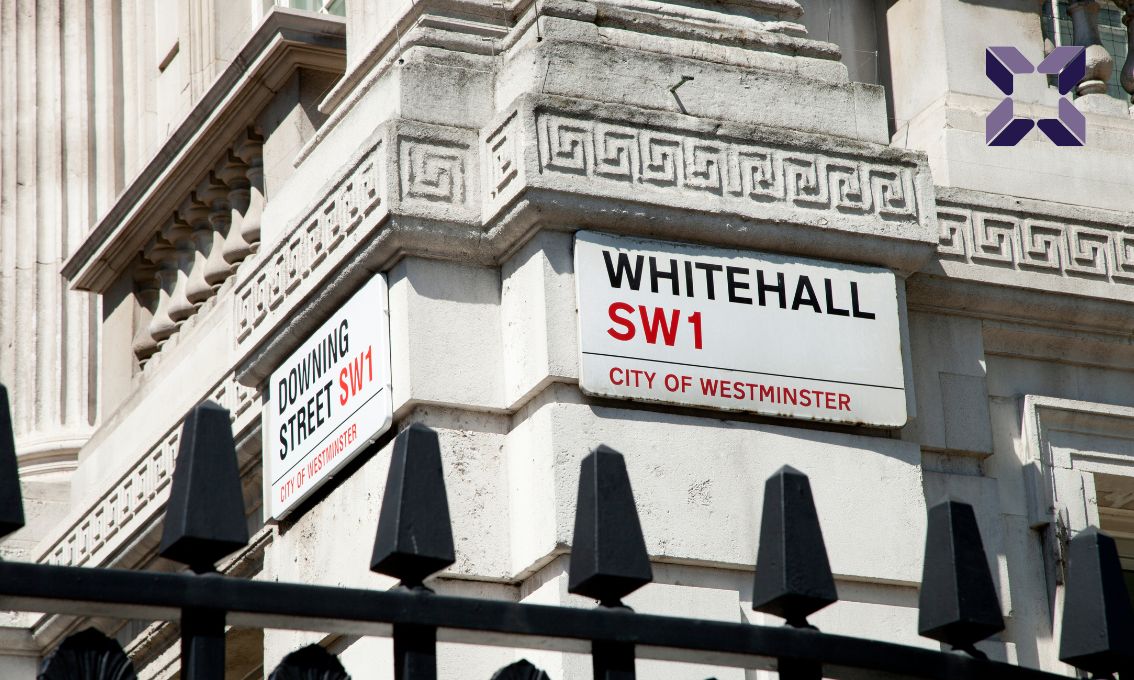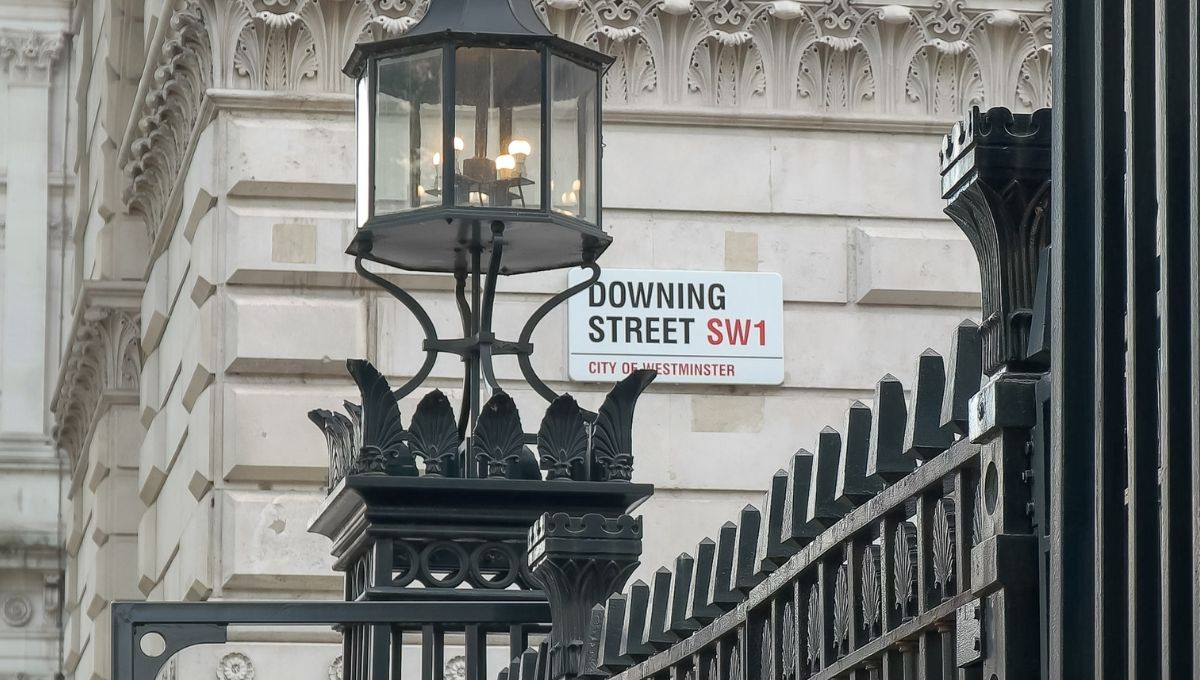Addressing the nation’s sluggish economic growth
Chancellor of the Exchequer, Jeremy Hunt, on Wednesday 15 March delivered his Spring Budget Statement 2023 to Parliament. Mr Hunt announced a range of tax and spending proposals for the upcoming five years, pertaining to work, retirement, childcare, defence and commercial investment, with the aim of addressing the nation’s sluggish economic growth projections.
We look at a summary of the key points announced:
Public finances and economy
- Office for Budget Responsibility predicts the UK will avoid recession in 2023, but the economy will shrink by 0.2%
- Growth of 1.8% predicted for next year, with 2.5% in 2025 and 2.1% in 2026
- UK inflation is expected to fall to 2.9% by the end of this year
- Underlying debt forecast to be 92.4% of GDP this year, rising to 93.7% in 2024
Taxation
- Cap on amount workers can accumulate in pensions savings over their lifetime before having to pay extra tax (currently£1,073,100) to be abolished
- Tax-free annual pension allowance for pension pots rises from £40,000 to £60,000, the change coming into force from 6 April 2023
- Money purchase annual allowance (MPAA) will rise from £4,000 to £10,000 from April 2023
- Adjusted income threshold for the Tapered Annual Allowance increased from £240,000 to £260,000 from 6 April 2023
- Annual subscription allowance for adult Individual Saving Accounts (ISAs) to remain at £20,000
- Junior Individual Savings Accounts (JISA) and Child Trust Fund accounts remain at £9,000
- Fuel duty frozen, and the 5p cut to fuel duty on petrol and diesel, due to end in April, kept for another year
- Alcohol taxes to rise in line with inflation from August, with new reliefs for beer, cider and wine sold in pubs
- Tax on tobacco to increase by 2% above inflation, and 6% above inflation for hand-rolling tobacco
Energy
- Government subsidies limiting typical household energy bills to £2,500 a year extended for three months, until the end of June
- £200m to bring energy charges for prepayment meters into line with prices for customers paying by direct debit set to affect 4m households
- Commitment to invest £20bn over next two decades on low-carbon energy projects, with a focus on carbon capture and storage
- Nuclear energy to be classed as environmentally sustainable for investment purposes, with promise of more public funding
- £63m to help leisure centres with rising swimming pool heating costs, and investment to become more energy efficient
Jobs and employment
- 30 hours of free childcare for working parents in England expanded to cover one and two-year-olds, to be rolled out in stages from April 2024
- Families on Universal Credit to receive childcare support up front instead of in arrears, with the £646-a-month per child cap raised to £951
- £600 ‘incentive payments’ for those becoming childminders, and relaxed rules in England to let childminders look after more children
- New fitness-to-work testing regime to qualify for health-related benefits
- New voluntary employment scheme for disabled people in England and Wales, called Universal Support
- Tougher requirements to look for work and increased job support for lead child carers on Universal Credit
- £63m for programmes to encourage retirees over 50 back to work, Returnerships and skills boot camps
- Immigration rules to be relaxed for five roles in construction sector, to ease labour shortages
Business and enterprise
- Main Corporation Tax rate will increase from 19% to 25% with effect from 1 April 2023
- Companies with profits of between £50,000 and £250,000 will receive marginal relief
- Companies with profits of less than £50,000 will continue to pay Corporation Tax at 19%
- Companies able to deduct investment in new machinery and technology to lower their taxable profits
- Tax breaks and other benefits for 12 new Investment Zones across the UK, funded by £80m each over the next five years
- Reduced paperwork for international traders, who will also be given longer to submit customs forms under streamlined rules
Other measures
- Commitment to raise defence spending by £11bn over the next five years
- Prison sentences for those convicted of marketing tax avoidance schemes
- £200m this year to help local councils in England repair potholes
- An extra £10m over next two years for charities in England helping to prevent suicide
- Streamlined approvals process promised for new medical products
- £900m for new super computer facility, to help UK’s AI industry

